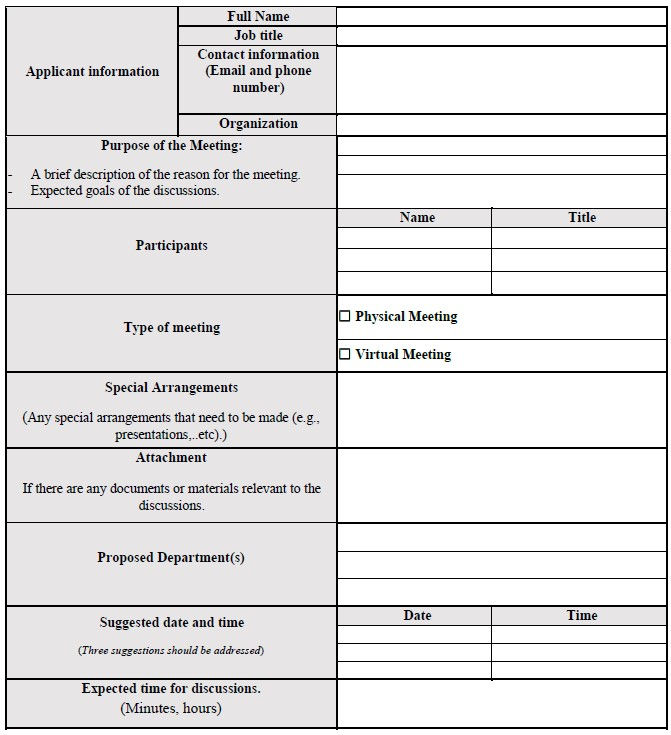USFDA Guidance: Core Patient-Reported Outcomes in Cancer Clinical Trials & Considerations for Long-Term Clinical Neurodevelopmental Safety Studies in Neonatal Product Development
- Sharan Murugan

- Oct 17, 2024
- 2 min read
The U.S. Food and Drug Administration (USFDA) yesterday (17 October, 2024) has issued two comprehensive Q&A guidance titled "Core Patient-Reported Outcomes in Cancer Clinical Trials" and "Considerations for Long-Term Clinical Neurodevelopmental Safety Studies in Neonatal Product Development".
The FDA’s guidance on Core Patient-Reported Outcomes in cancer trials highlights the importance of capturing patient experiences during cancer treatment. This guidance lays out a standardized approach to collecting and reporting PROs, which include symptoms, treatment side effects, and the impact of cancer and its treatment on daily living.
By incorporating PROs into clinical trials, sponsors can provide the FDA with data on how treatments affect patients’ quality of life beyond traditional clinical endpoints like survival rates. The guidance is particularly focused on symptoms that are meaningful to patients, allowing for more informed treatment evaluations.
A PRO measure is a type of clinical outcome assessment (COA) based on a report that comes directly from the patient about the status of their health condition without amendment or interpretation of the patient's response by a clinician or anyone else. The sponsor is responsible for selecting PRO instruments based on available data and/or peer-reviewed literature based on the principles outlined in the PRO guidance and the FDA's Patient-Focused Drug Development (PFDD) guidelines.
For more detailed information, refer to the full guidance document.
Guidance: Considerations for Long-Term Clinical Neurodevelopmental Safety Studies in Neonatal Product Development
Yesterday the US Food and Drug Administration announced the final guidance, Considerations for Long-Term Clinical Neurodevelopmental Safety Studies in Neonatal Product Development. This guidance provides a framework to consider whether and what kind of long-term neurologic, sensory, and developmental evaluations might be helpful.
To determine the safety of a drug, biological product, or device (referred to in this guidance as a ‘medical product’) to be used in neonates, and, if so, which neurodevelopmental domains to consider. This guidance will not specifically address efficacy or effectiveness assessments for products primarily intended to improve neurologic outcomes, e.g., neuroprotective agents. This guidance is focused on long-term evaluations of neurodevelopmental safety.
By following this guidance, sponsors can generate critical data on the long-term effects of their products on neurodevelopment, ultimately leading to safer and more effective treatments for neonates. Click this link to know more about this guidance.
Also, check out this recently draft guidance "Postoperative Nausea and Vomiting: Developing Drugs for Prevention" which provides recommendations regarding the design of clinical trials for the prevention of postoperative nausea and vomiting in adults, including considerations for eligibility criteria, trial design features, efficacy evaluations, and safety assessments.



Comments